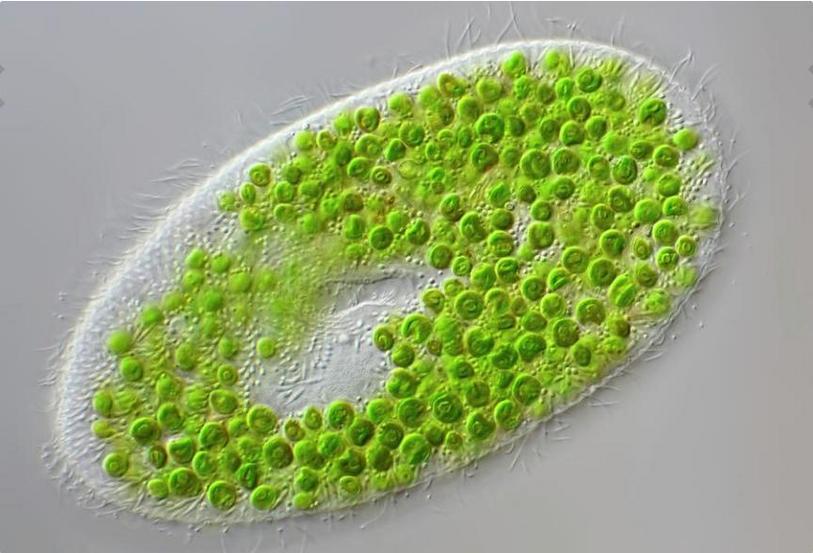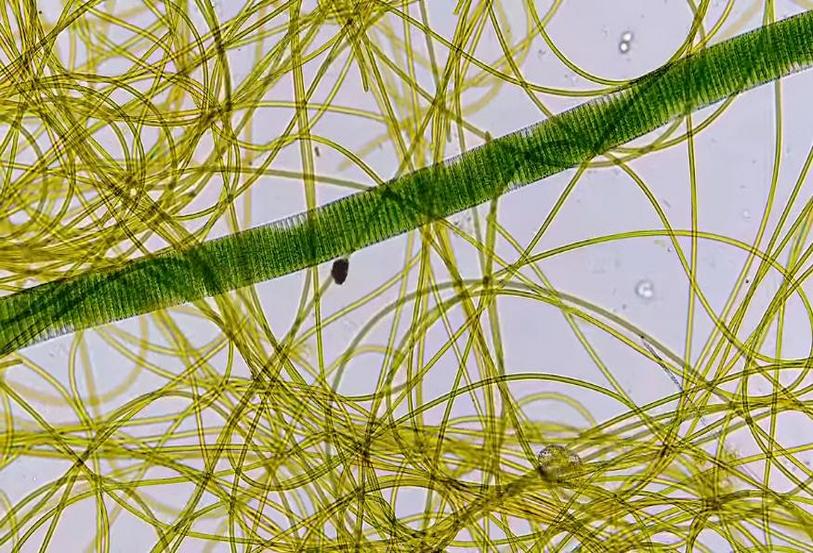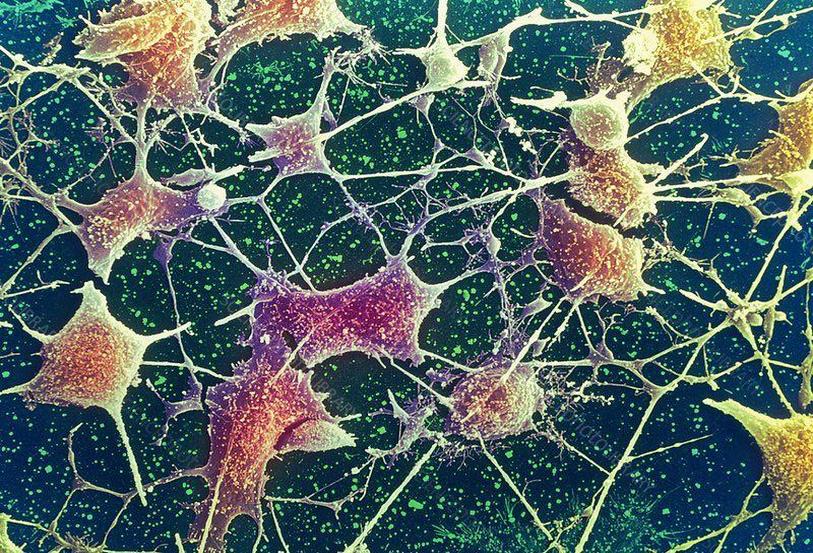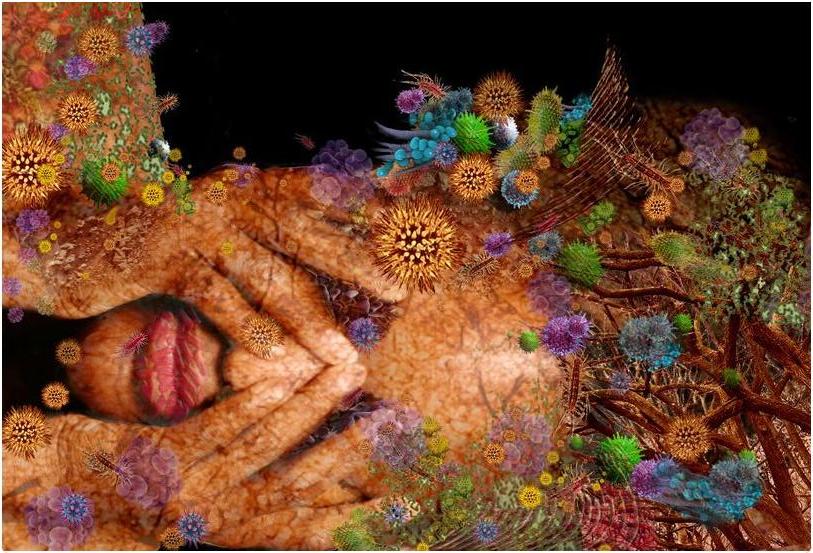



What am I?
What am I not?12
What does I
even mean? If me
did not happen with about
86 billion neurons, located
in structures we now label cerebellum
and cerebral cortex,
would I
even be?
And does the vast ecosystem of microbial flora in my gut also
help to make me I
? After all, those microbes have their own
DNA, so how could they be I
, right? But then what of my
mitochondria? Those little cellular organelles which like
to hang around on the endoplasmic reticulum inside all my cells.
And like my gut flora, they have their own DNA too, ostensibly
separate from my cells' nuclear DNA. In fact, if the theory of
endosymbiosis is true—it is—then prior to
1.8 billion
years ago, my mitochondria were entirely separate prokaryotic
organisms who managed to make a happy home inside my progenitor
cells. Are my mitochondria I
?
What am I? What the findings of biology reveal is that
I
-ness is (merely) an emergent property, built on an
ongoing vast exchange of cellular bits-n-pieces in response
to chemical and energetic change. I
-ness is not my
network of neurons. It is not my gut flora. It is not my
mitochondria. It is even not my own DNA. I
-ness is an
emergent everything, together. And that I can even introspect
about it is I think a happy happenstance, because by far, most
other I's on Earth are profoundly unaware of themselves.
So if I were to contemplate the gods, say, or the divinity of
Jesus, or his Resurrection, or Krishna and Buddha being avatars
of Shiva, or Mohammed riding to Heaven on a
buraq,
or miracle healings, or an afterlife, what is the
I
that is doing so?
Sagan once said that cosmology is a humbling endeavour. He's right. But so is biology. Cosmology and biology both help give context to I Am.
Download PDF what-am-i.pdf (826 KB)